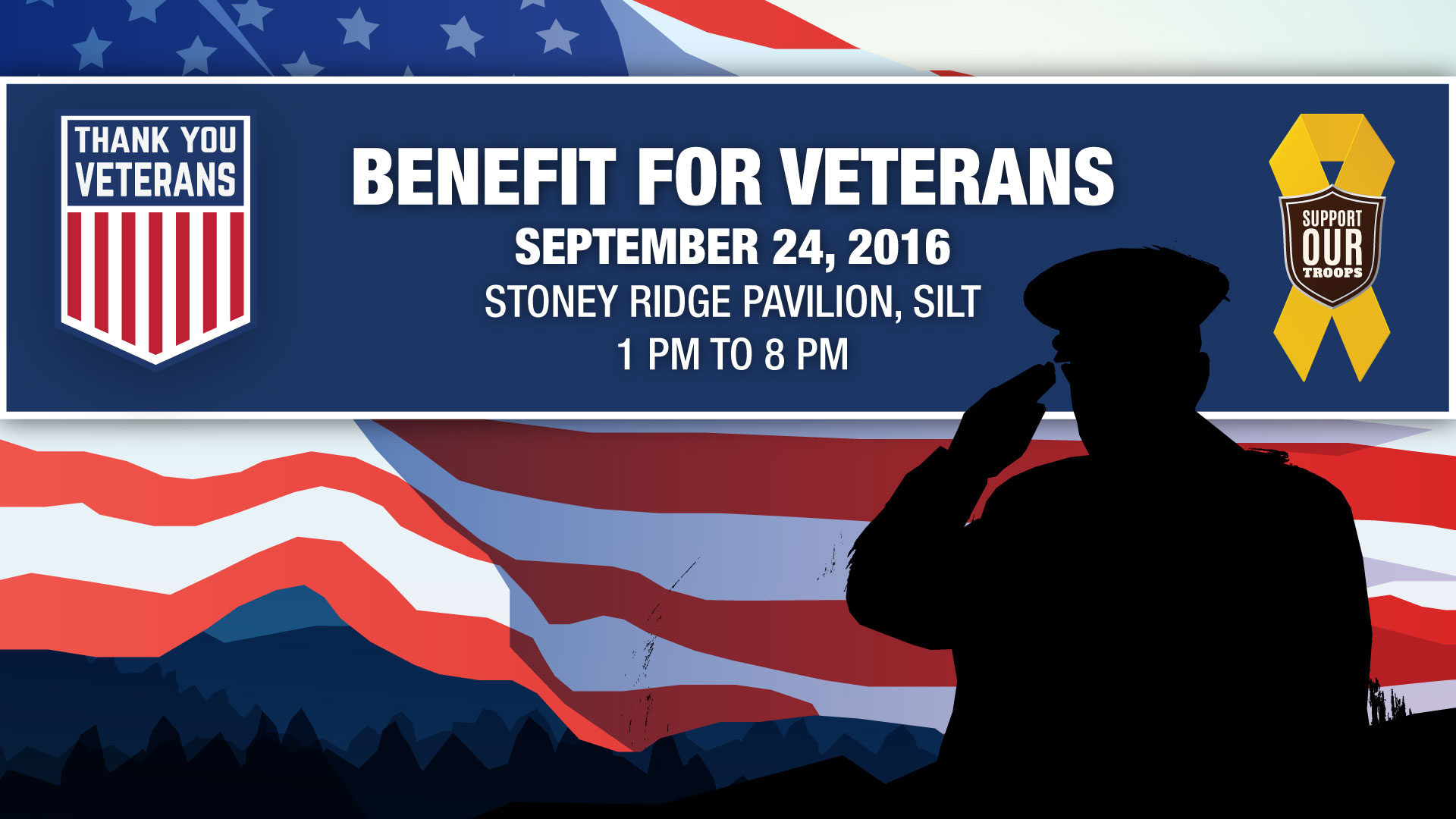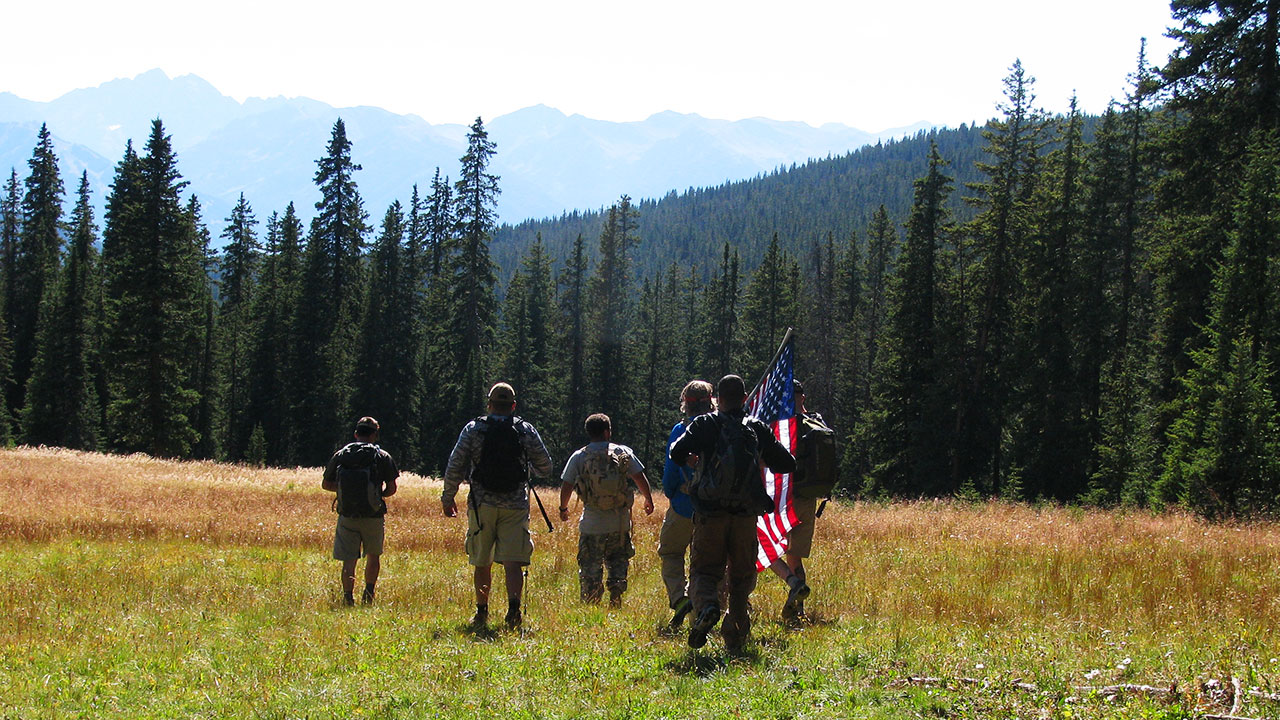Originally posted to SierraClub.org | June 7, 2016
Garett Reppenhagen of the Vet Voice Foundation talks about America the beautiful.
We were covered in what felt like the dust and sweat of a thousand years when our sniper team stopped off at Camp Anaconda, a main supply post north of Baghdad, on our way back to the forward operating base. It was 2004, the height of the Iraq War, and we had just completed a three-day mission in the Diyala River Valley, an insurgent stronghold. Anaconda offered luxuries we didn’t have at our own small outpost—air conditioning, decent food—and my fellow soldiers and I were glad for a break from the fighting. As we waited for the chow hall to open, some of us kicked back in the massive PX, while others went for a swim at one of the base’s pools. I headed to the theater to try to forget about the war for a while.



